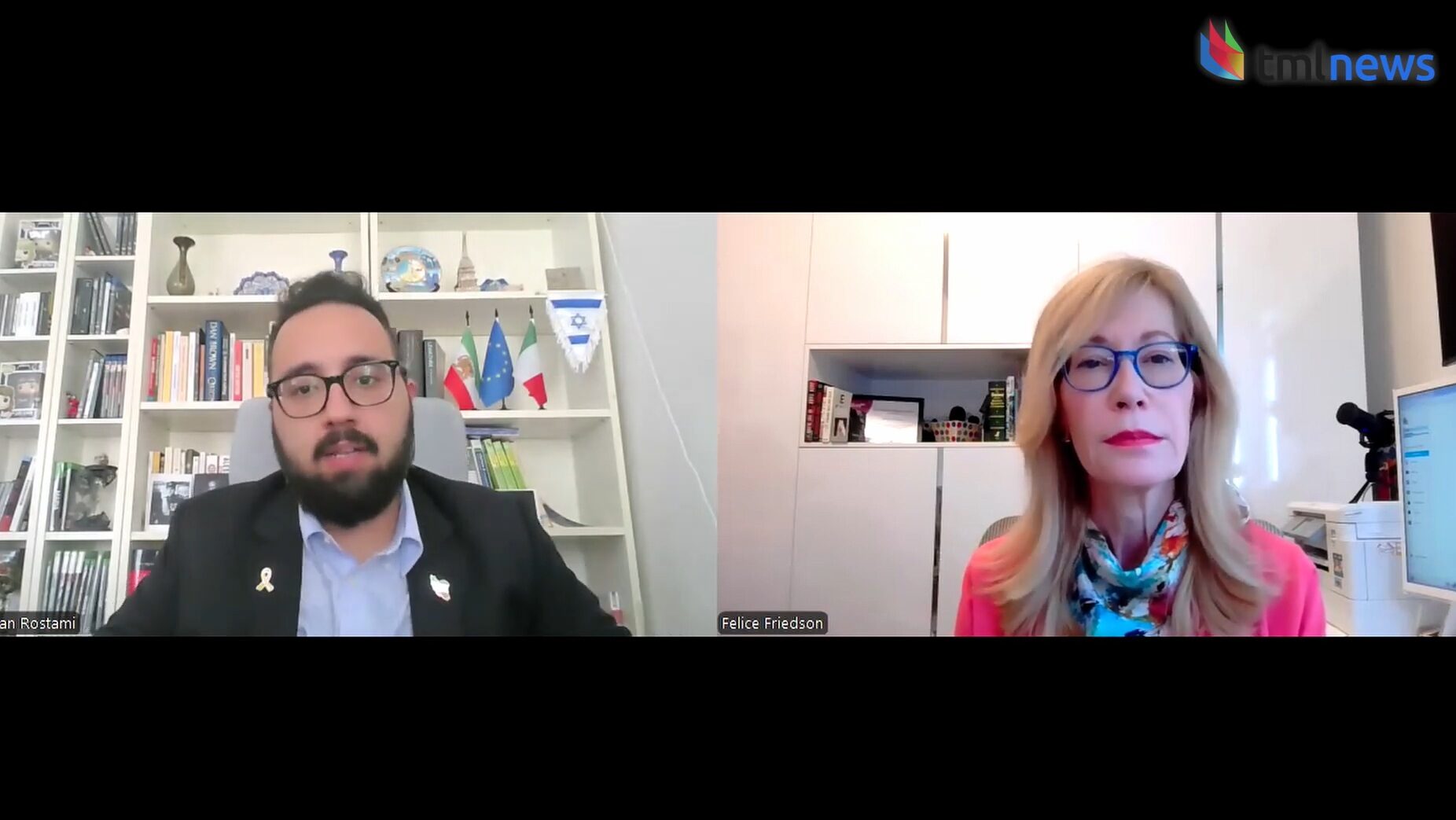Facing the Middle East with Felice Friedson, Ep. 11: Mass Executions, Iranian Resistance, and a Strategic Miscalculation
From Tehran to Tel Aviv, a special episode explores the war that redrew the region
In Episode 11 of Facing the Middle East, Felice Friedson devotes the full program to the historic 12-day war between Israel and Iran. With powerful interviews and chilling insight, this special edition examines how the conflict not only set back Tehran’s nuclear ambitions but also exposed cracks in the regime’s grip on power—and raised fears of mass executions within Iran.
Israeli Minister of Diaspora Affairs Amichai Chikli joins Friedson to explain why the war is not just about missiles and enrichment sites. “This is a moral war,” Chikli says, “a war against a terror, fanatic, dictatorship regime … evil against life.” He describes the Iranian regime’s export of violence across the region and the threat it poses far beyond Israel’s borders.
Give the gift of hope
We practice what we preach:
accurate, fearless journalism. But we can't do it alone.
- On the ground in Gaza, Syria, Israel, Egypt, Pakistan, and more
- Our program trained more than 100 journalists
- Calling out fake news and reporting real facts
- On the ground in Gaza, Syria, Israel, Egypt, Pakistan, and more
- Our program trained more than 100 journalists
- Calling out fake news and reporting real facts
Join us.
Support The Media Line. Save democracy.
Brig. Gen. Amir Avivi, founder of the Israel Defense and Security Forum, offers a detailed military analysis of Iran’s strategic failures, from launching Hamas on October 7 without Hezbollah support, to exposing its direct role through ballistic missile attacks. According to Avivi, these blunders led to a decisive Israeli counterstrike coordinated with the United States. “From that moment onwards,” he says, “it was clear for Israel … we are able to win decisively.”
But the most harrowing perspective comes from Ashkan Rostami, the exiled representative of the Constitutionalist Party of Iran. He warns that the ceasefire has sparked new danger inside Iran. “The regime hanged around 30 people in 12 days,” Rostami reveals. Many were accused of spying for Israel—a charge he calls absurd. He fears that Iranian authorities are preparing mass executions in the wake of their military defeat.
With regional power balances shifting, the episode paints a portrait of a regime under pressure and a people on the brink of resistance. As Friedson notes, the war may be paused, but the future of Iran—and the Middle East—remains uncertain.



